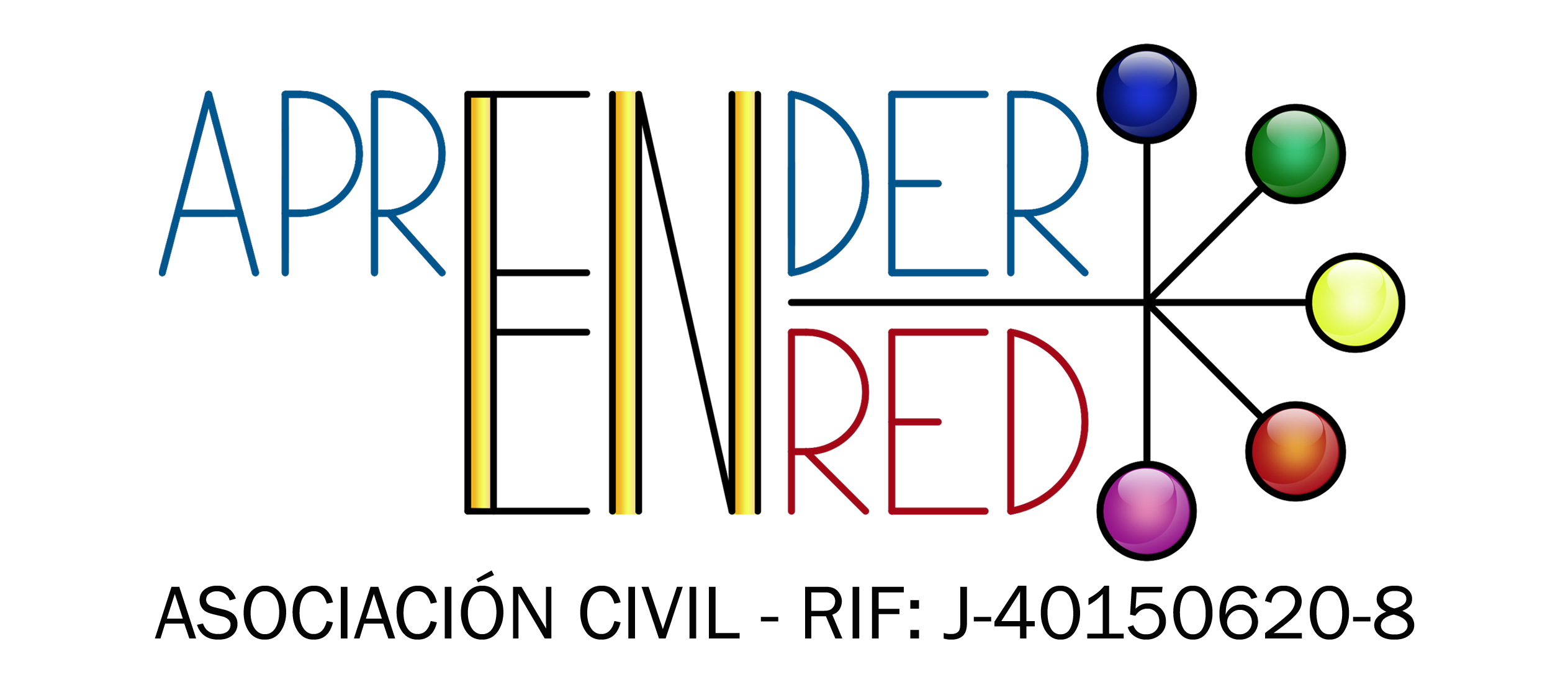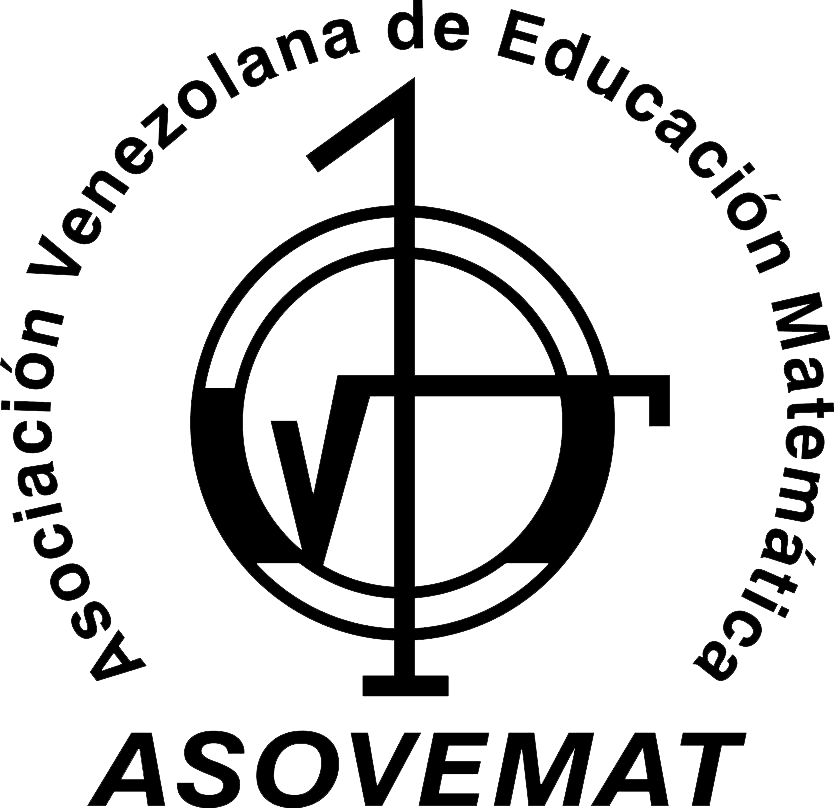Etnomodelación como un proceso de glocalización y decolonización
DOI:
https://doi.org/10.54541/reviem.v4i2.109Palabras clave:
Descolonización, Conocimiento matemático, Hacer matemático, Etnomatemática, Acción decolonizadoraResumen
La aplicación de los métodos de modelación tiene sentido para los investigadores y educadores cuando estos profesionales examinan los saberes, haceres y patrones matemáticos desarrollados por los miembros de distintos grupos culturales. Actualmente, un dilema en Educación Matemática es su tendencia a valorar y respetar los conocimientos matemáticos locales en su paradigma de investigación. Este es uno de los presupuestos del proceso de decolonización en Educación Matemática. Así, la búsqueda de metodologías innovadoras como la Etnomodelación es necesaria para registrar las formas históricas de las técnicas, procedimientos y prácticas matemáticas desarrolladas en diversos contextos culturales. Se destaca que, en su presupuesto decolonizador, la Etnomodelación no busca sustituir la matemática escolar o académica; sin embargo, es necesario reconocer la existencia de saberes y haceres matemáticos locales en el currículo escolar. De este modo, el proceso de decolonización desencadenado por la Etnomodelación evoca una perturbación que provoca una revisión de reglas, normas y reglamentos en el proceso de enseñanza y aprendizaje de las matemáticas. Proceso que desencadena un debate sobre la naturaleza de la matemática en relación con la cultura al proponer un diálogo decolonizador entre los enfoques local y global de una manera dialógica (enfoque glocal).
Descargas
Métricas
Citas
Bassanezi, R. C. (2002). Ensino-aprendizagem com modelagem matemática: Uma nova estratégia. Editora Contexto.
Bennett, J., & Bennett, M. (2004). Developing intercultural sensitivity: An integrative approach to global and domestic diversity. En D. Landis, J. Bennett, & M. Bennett (Eds.), Handbook of Intercultural Training (pp. 147-165). Sage.
Bernardino-Costa, J., & Grosfoguel, R. (2016). Decolonialidade e perspectiva negra. Sociedade e Estado, 31(1), 15-24. https://doi.org/10.1590/S0102-69922016000100002
Berry, J. W. (1969). On cross-cultural comparability. International Journal of Psychology, 4(2), 119-128. https://doi.org/10.1080/00207596908247261
Biembengut, M. S. (2000). Modelagem matemática e etnomatemática: Pontos (in)comuns. En Anais do Primeiro Congresso Brasileiro de Etnomatemática – CBEm1 (pp. 132-136). FE/USP.
Bishop, A. J. (1990). Western mathematics: The secret weapon of cultural imperialism. Race & Class, 32(2), 51-65. https://doi.org/10.1177/030639689003200204
Bourdieu, P., & Wacquant, L. J. D. (1992). An invitation to reflexive sociology. University of Chicago Press.
Canclini, N. G. (2011). Culturas híbridas: Estratégias para entrar e sair da modernidade. UNESP.
Cortes, D. P. O. (2017). Re-significando os conceitos de função: Um estudo misto para entender as contribuições da abordagem dialógica da etnomodelagem [dissertação de mestrado, Universidade Federal de Ouro Preto]. Repositório Institucional da UFOP.
D’Ambrosio, U. (1990). Etnomatemática: Arte ou técnica de explicar e conhecer. Ática.
D’Ambrosio, U. (2015). Mathematical modelling as a strategy for building-up systems of knowledge in different cultural environments. En G. A. Stillman, W. Blum, & M. S. Biembengut (Eds.), Mathematical modelling in education research and practice: Cultural, social, and cognitive influences (pp. 35-44). Springer. https://doi.org/10.1007/978-3-319-18272-8_2
D’Ambrosio, U., & D’Ambrosio, B. S. (2013). The role of ethnomathematics in curricular leadership in mathematics education. Journal of Mathematics Education at Teachers College, 4(1), 19-25.
Deardorff, D. K. (2006). Identification and assessment of intercultural competence as a student outcome of internationalization at institutions of higher education in the United States. Journal of Studies in International Education, 10(3), 241-266. https://doi.org/10.1177/1028315306287002
Dehler, G. E., & Welsh, R. W. (1998). Problematizing deviance in contemporary organizations: A critical perspective. JAI Press.
Eglash, R., Bennett, A., O’Donnell, C., Jennings, S., & Cintorino, M. (2006). Culturally situated designed tools: Ethnocomputing from field site to classroom. American Anthropologist, 108(2), 347-362. https://doi.org/10.1525/aa.2006.108.2.347
Ernest, P. (1991) The philosophy of mathematics education. Routledge.
Giulianotti, R., & Robertson, R. (2007). Recovering the social: Globalization, football and transnationalism. Global Networks, 7(2), 144-186. https://doi.org/10.1111/j.1471-0374.2007.00163.x
Glissant, É. (2005). Introdução a uma poética da divers idade. Editora da UFJF.
Gudykunst, W. B. (1997). Cultural variability in communication: An introduction. Communication Research, 24(4), 327-348. https://doi.org/10.1177/009365097024004001
Headland, T. N., Pike, K. L., & Harris, M. (1990). Emics and etics: The insider/outsider debate. Sage.
Hutchinson, S. A. (1990). Responsible subversion: A study of rule-bending among nurses. Scholarly Inquiry for Nursing Practice, 4(1), 3-17.
Iseke-Barnes, J. M. (2000). Politics and power of languages: Indigenous resistance to colonizing experiences of language dominance. Journal of Thought, 39(1), 45-81.
Iser, W. (1994). On translatability. Surfaces, 4, 5-13.
Khondker, H. H. (2004). Glocalization as globalization: Evolution of a sociological concept. Bangladesh e-Journal of Sociology, 1(2), 12-20.
Laenui, P. (2000). Processes of decolonization. En M. Battiste (Ed.), Reclaiming indigenous voice and vision (pp. 150-160). UBC Press.
Lyman, L. L., Ashby, D. E., & Tripses, J. S. (2005). Leaders who dare: Pushing the boundaries. Rowman & Littlefield Education.
Marzano, R. J., Waters, T., & McNulty, B. A. (2005). School leadership that works: From research to results. Association for Supervision and Curriculum Development.
Maynard, M. L. (2003). From global to local: How Gillette’s sensor Excel accommodates to Japan. Keio Communication Review, 25(3), 57-75.
Mendis, P. (2007). Glocalization: The human side of globalization as if the Washington consensus mattered. Lulu Press.
Orey, D. C., & Rosa, M. (2015). Three approaches in the research field of ethnomodelling: Emic (local), etic (global), and dialogical (glocal). Revista Latinoamericana de Etnomatemática, 8(2), 364-380.
Orey, D. C., & Rosa, M. (2021). Ethnomodelling as a glocalization process of mathematical practices through cultural dynamism. The Montana Mathematics Enthusiast, 18(3), 439-468. https://doi.org/10.54870/1551-3440.1533
Pelto, P. J., & Pelto, G. H. (1978). Anthropological research: The structure of inquiry. Cambridge University Press. https://doi.org/10.1017/CBO9780511607776
Pike, K. L. (1967). Language in relation to a unified theory of the structure of human behaviour. De Gruyter Mouton. https://doi.org/10.1515/9783111657158
Robertson, R. (1992). Globalization: Social theory and global culture. Sage.
Robertson, R. (1995). Glocalization: Time-space and homogeneity-heterogeneity. En M. Featherstone (Ed.), Global modernities (pp. 25-44). Sage.
Robins, K. (1991). Tradition and translation: National culture in its global context. En J. Corner, & S. Harvey (Eds.), Enterprise and heritage: Crosscurrents of national culture (pp. 21-45). Routledge.
Rosa, M. (2011). A mixed-methods study to understand the perceptions of high school leaders about English Language Learners (ELLS): The case of mathematics. Jornal Internacional de Estudos em Educação Matemática, 4(2), 71-116.
Rosa, M., & Orey, D. C. (2010). Ethnomodeling: An ethnomathematical holistic tool. Academic Exchange Quarterly, 14(Special Issue), 191-195.
Rosa, M., & Orey, D. C. (2012). O campo de pesquisa em etnomodelagem: As abordagens êmica, ética e dialética. Educação e Pesquisa, 38(4), 865-879. https://doi.org/10.1590/S1517-97022012000400006
Rosa, M., & Orey, D. C. (2013). Ethnomodelling as a research lens on ethnomathematics and modelling. En G. A. Stillman, & J. Brown, (Eds.), Teaching mathematical modelling: Connecting to research and practice (pp. 117-127). Springer. https://doi.org/10.1007/978-94-007-6540-5_10
Rosa, M., & Orey, D. C. (2015). Evidence of creative insubordination in the research of pedagogical action of ethnomathematics program. En B. S. D’Ambrosio, & C. E. Lopes (Eds.), Creative insubordination in Brazilian mathematics education research (pp. 131-146). Lulu Press.
Rosa, M., & Orey, D. C. (2017). Etnomodelagem: A arte de traduzir práticas matemáticas locais. Editora Livraria da Física.
Séguinot, C. (1995). Translation and advertising: Going global. En C. Shäffner, & K. Holmes (Eds.), Cultural functions of translation (pp. 55-69). Multilingual Matters.
Sue, D. W., & Sue, D. (2002). Counseling the culturally diverse: theory and practice (4.a ed.). John Wiley & Sons.
Thomas, R. S. D. (1996). Proto-mathematics and/or real mathematics. For the Learning of Mathematics, 16(2), 11-18.
Walker, L. O. (2005). Avant KC strategies for theory construction in nursing. Boston Prentice Hall.
Wexler, J. (2004). Alterity: Theories of media. University of Chicago.
Wilson, R. J. (1996). Introduction to graph theory (4.a ed.). Wesley.
Yifeng, S. (2009). Cultural translation in the context of glocalization. Ariel, 40(2-3), 89-110.
Descargas
Publicado
Cómo citar
Número
Sección
Licencia
Derechos de autor 2024 Milton Rosa, Daniel Clark Orey

Esta obra está bajo una licencia internacional Creative Commons Atribución 4.0.
Los autores/as que publiquen en esta revista aceptan las siguientes condiciones:
- Los autores/as conservan los derechos de autor y ceden a la revista el derecho de la primera publicación, con el trabajo registrado bajo la licencia de atribución de Creative Commons 4.0, que permite a terceros utilizar lo publicado siempre que mencionen la autoría del trabajo y a la primera publicación en esta revista.
- Los autores/as pueden realizar otros acuerdos contractuales independientes y adicionales para la distribución no exclusiva de la versión del artículo publicado en esta revista (p. ej., incluirlo en un repositorio institucional o publicarlo en un libro), siempre que indiquen claramente que el trabajo se publicó por primera vez en esta revista.
- Se permite y recomienda a los autores/as compartir su trabajo en línea (p. ej., en repositorios institucionales o páginas web personales) antes y durante el proceso de envío del manuscrito, ya que esto puede conducir a intercambios productivos, a una mayor y más rápida citación del trabajo publicado.















